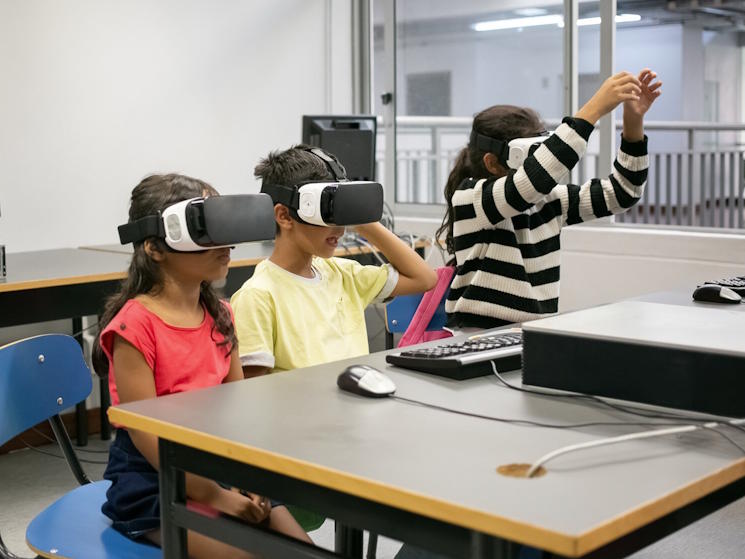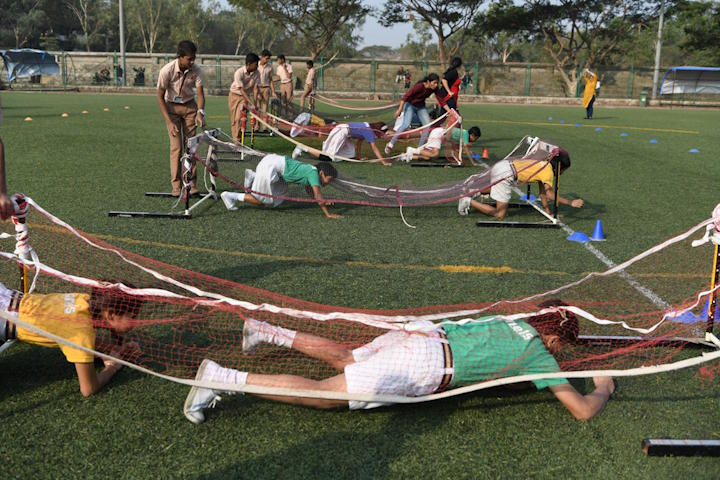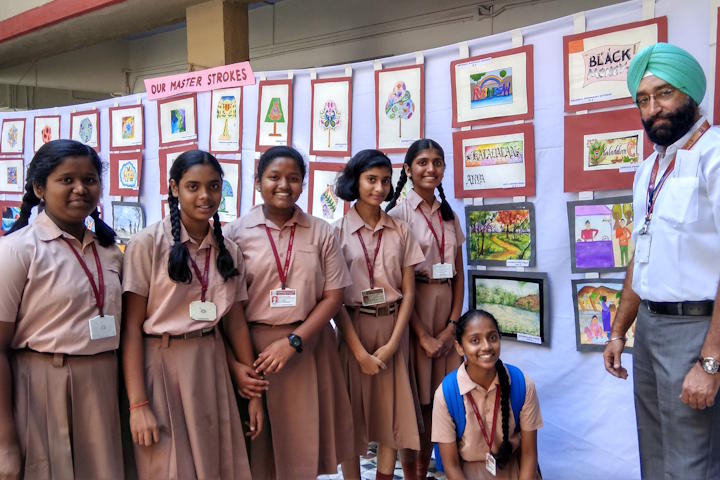
Equipping Students with 21st skills
The skill of Communication; Adaptability; Problem Solving; Collaboration; Initiative & Self Direction and Social and Cross Cultural Interaction are incorporated in the daily classroom teaching and learning. Children need these skills to thrive in the world with dignity, confidence, courage and happiness.
The inculcation of these skills, enables children to work with their peers; to make reasoned opinions and judgements; to make them more co- operative; to bring out their curiosity; to increase their confidence and desire to learn.
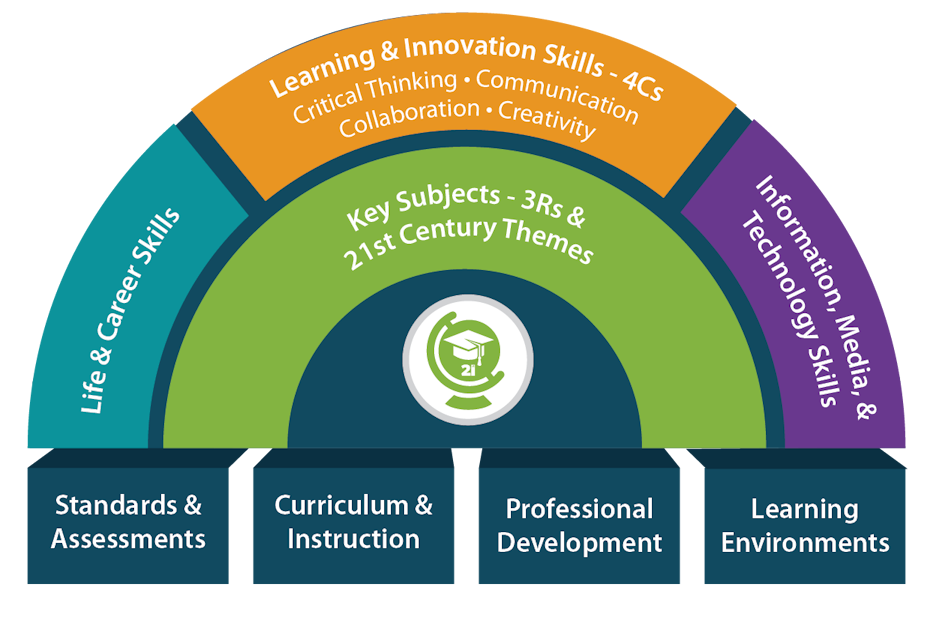
Integrating Creative and Joyful Pedagogy
Teaching of Art and integrating Art in its multiple forms ensure, deeper and finer understanding of the topics/ concepts taught, besides making learning joyful, and making positive impact on the development of certain life skills in children.
We at Agnels hence attach great importance in collaboration, between the teaching of subjects with the teaching of Art.
Assessments to Improve Learning Outcomes
We believe that assessments are an integral part of the learning process and should support, guide, and enhance a child’s educational journey rather than create stress. Assessments are designed to match the developmental stage of the child, encourage curiosity, and provide meaningful feedback that helps students grow.
- Formative Assessments: Continuous and ongoing, enabling teachers to provide timely feedback and adjust instruction according to students’ needs.
- Summative Assessments: High-stakes evaluations measuring performance against benchmarked and standard expectations; include weekly and monthly tests, term-end exams, projects, and assignments.
- Foundational Stage Assessments: Designed to avoid additional burden for the child. Assessments are a natural extension of learning experiences, with no explicit exams or tests conducted at this stage.
- Preparatory Stage Assessments: Act as instructional tools that provide a comprehensive account of student learning and guide future teaching strategies.
- Middle Stage Assessments: More competency-based, covering all dimensions of learning and encouraging deeper conceptual understanding.
- Secondary Stage Assessments: Regular summative assessments are conducted to record students’ learning against defined competencies, with greater subject depth and critical thinking expected at this stage.
Guiding Principles For Foundational Stage
Every child is capable of learning, regardless of the circumstances of their birth or background. Each child is unique and grows, learns, and develops at their own pace. Children are natural researchers, equipped with strong observational skills, and they actively construct their own learning experiences. They express their feelings and ideas through a variety of representations, making each learning journey deeply personal and meaningful.
Play and activity are the primary ways through which children learn and develop. They need continuous opportunities to experience, explore, and experiment with their environment. Their individual experiences and ways of learning must be acknowledged and respected. Children learn best when they feel valued and are fully involved in the learning process, allowing them to thrive both intellectually and emotionally.
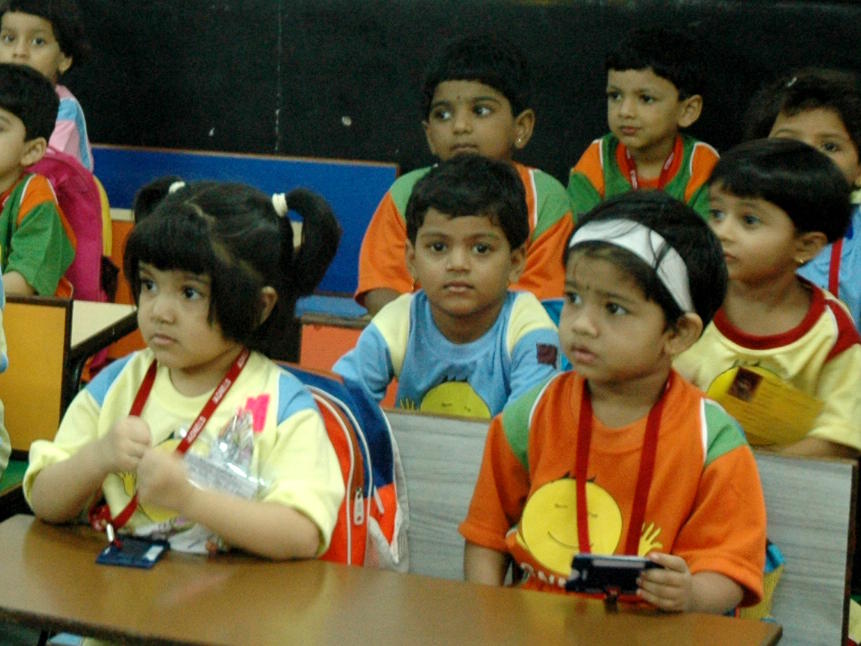
Integrating AI Across All Disciplines
Fr. Agnel School, effectively harnesses the potential of Artificial Intelligence in austainable manner and integrates it across all subjects, to empower learners for future readiness and to enhance teaching and learning with powerful and efficient pedagogical approach.
